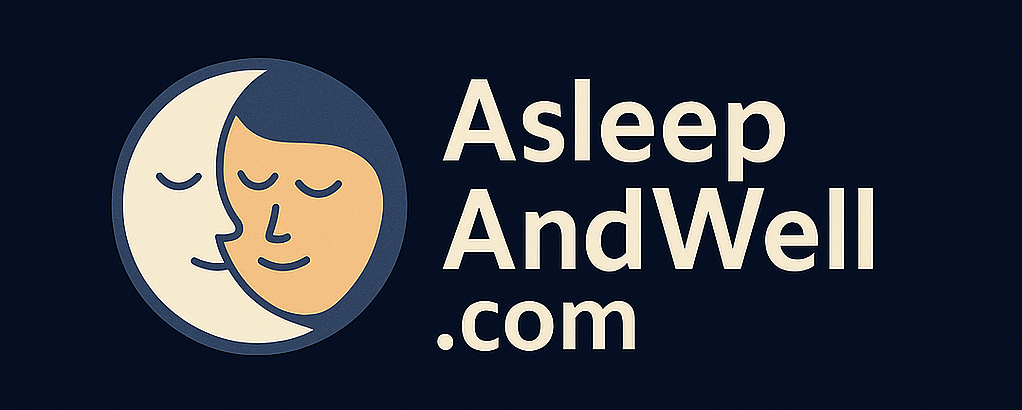🧑🎓 Teen Sleep Struggles & How to Help
Hormones. Homework. TikTok. Tired brains.
Sleep and teenagers don’t always get along, and if you’re a parent trying to help, it can feel like you’re constantly walking a tightrope between “they need more sleep” and “they won’t go to bed.”
Let’s unpack what’s really going on with teen sleep, and how you can gently support healthier habits (without starting a battle).
😵 Why Is Teen Sleep So Hard?
Teenagers need around 8 to 10 hours of sleep a night – more than most adults – but many are falling short. Between school demands, social pressure, and late-night phone use, sleep often gets pushed aside.
Here’s what’s working against them:
1. Their Body Clock Shifts Naturally
During adolescence, the brain’s circadian rhythm changes. Most teens won’t feel naturally sleepy until 10–11pm, but still need to be up early for school. That mismatch alone can lead to chronic sleep debt.
2. Hormonal Fluctuations Affect Sleep Quality
Puberty doesn’t just change their body – it can also disrupt mood, energy, and how well they fall or stay asleep. Restless legs, growing pains, overheating at night, or anxious thoughts are all common.
3. Blue Light and Screen Use at Night
Late-night scrolling delays melatonin production, keeping their brain alert even when their body is tired. Gaming or watching shows also triggers overstimulation that makes it harder to wind down.
4. Academic and Social Pressure
Homework, exams, friendship drama, extracurriculars – their minds can be racing even when their eyes are heavy. This “tired but wired” state is exhausting, but not always easy to explain.
💡 How to Help (Without a Fight)
You don’t need to enforce strict sleep rules or become the phone police – just a few gentle shifts can make a big difference over time.
🌙 1. Work With Their Natural Clock (Not Against It)
If possible, let them wake up a little later on weekends (without overdoing it). Try not to insist they’re asleep by 9pm – instead, encourage a consistent routine that fits their real rhythm.
📱 2. Set Soft Boundaries Around Screens
Rather than banning phones completely, try:
- Switching to night mode or red-light filters in the evenings – this can even be set up to automatically ‘come on’ at a specified time
- Agreeing on a “tech wind-down” time (e.g. 30 minutes before bed)
- Keeping chargers outside the bedroom
🛏 3. Help Them Create a Comfy Sleep Space
Teen rooms are often full of distractions. A few small upgrades can help:
- Black-out blinds or eye masks
- A fan for white noise or to help prevent overheating
- Soft lighting (lamps, salt lights, or LED strips set to warm tones)
- Bedding that suits their preference (firm pillow? weighted blanket?)
📚 4. Ease School Pressure Where You Can
Reassure them that rest is productive, not lazy. If they’re doing homework until 11pm, help them find ways to space it out earlier, or talk to a teacher if it’s consistently overwhelming.
🧘 5. Introduce Calming Night Habits Together
If they’re open to it, suggest wind-down options like:
- 5-minute meditations (Headspace and Insight Timer app’s are teen-friendly)
- Listening to ambient music or low-stakes podcasts
- Light reading with a warm drink
🛠 Gentle Tools They Might Actually Use
Here are a few ‘non-cringey’ and teen-friendly options that can subtly support better sleep:
- Red light night bulbs – Help preserve melatonin in the evening
- Sunrise alarm clocks – For a gentler wake-up
- Weighted blankets – For anxious or overstimulated teens
- Bluetooth sleep headphones – Soothing sounds without the harsh phone glow
- Guided sleep audio apps – Like Calm, Headspace, or Rain Rain
📝 Final Thoughts
Teenagers aren’t being lazy or dramatic – their brains and bodies are going through real, exhausting changes that make sleep harder to manage.
The goal isn’t perfection. It’s support – with calm, realistic shifts that help them feel more in control of their nights and mornings.
You might not see change overnight, but with patience and a little strategy, better sleep is absolutely possible.
